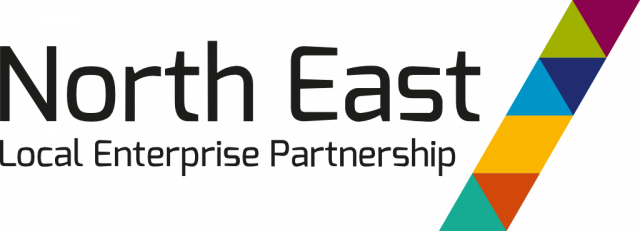Why Careers in Primary?
Careers information, advice and guidance has traditionally focussed on students in secondary school. NUSTEM research has shown that children start to think about ‘what they want to be’ at a much younger age, and that they are ‘ruling out’ possible careers even before they leave primary school.
It therefore makes sense to start talking about careers with children in primary schools. Early interventions can help them realise the range of possibilities open to them, and that some of the subjects they study, and the attributes they have as individual, will help them do interesting things when they are older.
To address careers-related learning in Primary schools, NUSTEM and NELEP have collaborated on CITE – the Careers in Initial Teacher Education project. We’ve created training materials to support (trainee) primary teachers to include careers-related learning in their teaching.
Although originally developed for trainee teachers, the training materials can also be used as CPD for teachers who are already teaching in a school.
The CITE project was funded by the Careers and Enterprise Company.
Outline of the course
The CITE training consists of three training sessions and associated ‘gap’ tasks, which aim to build ITE students’ confidence in using resources that support integrating of careers related learning in the curriculum, as well as their confidence in dealing with challenging stereotypes in careers related learning.
Each session lasts about 1.5 hours. The time needed to complete the gap tasks varies depending on the task. After each gap task, teachers complete a self-reflective evaluation exercise.
Session 1: Careers Education and Unconscious Bias
Gap Task 1: Exploring unconscious bias in primary schools (using the Classroom Interaction Tool, Literature Content Tool, or Display Analysis Tool)
Session 2: Career aspirations in primary school
Gap Task 2: Planning and teaching using the Primary Careers Tool (using the NUSTEM Primary Careers Tool)
Session 3: Employability characteristics and role models
Gap Task 3: Planning and teaching using STEM Person of the Week (using a set of STEM Person of the Week cards)
“We want as a school to raise aspirations and expose children to different careers and a barrier has been how to do this without a budget but the resources shown today will help this.”
“As a school we need to reduce the underlying stereotyping that we may be falling victim to.”
Availability
The presenter guide and presentations are available for ITE providers and for schools to use. For access to the presentations, please contact us at nustem@northumbria.ac.uk
NUSTEM are also running training sessions for primary teachers to help them to embed careers-related learning in their teaching. If you would be interested in us running the training sessions for you, please email us at nustem@northumbria.ac.uk.
CITE Legacy
- Following on from the collaboration with the NELEP, NUSTEM have adapted the training materials for serving teachers, and were able to offer the three session CPD in Autumn 2019 and Spring 2020.
- The training continues to receive positive feedback and has led to further collaboration with the NELEP and a Multi-Academy Trust to explore the impact of whole-school training in careers-related learning.
- The three sessions developed for CITE are planned to be included in the Northumbria University BA (Hons) Primary Education course from 2020/21 and will be shared with other teacher training organisations.
CITE Evaluation Report
The CITE project was evaluated during 2019-2020 to see how well it performed in realising its intended outcomes and measures of success. The project was evaluated using qualitative reflexive writing activities following each training.
The full impact of the CITE project could not be tested as thoroughly as we hoped due to the impacts of the Covid-19 pandemic. However we had found CITE made good progress in achieving its intended outcomes, in that ITE students are largely confident in using resources that support integrating of careers related learning in the curriculum, and felt more confident in dealing with challenging stereotypes in careers related learning. Therefore, the project can be considered a success. A further, unplanned, finding was that qualified teachers also found the CITE resources of use.
You can read the summary report of the project.



